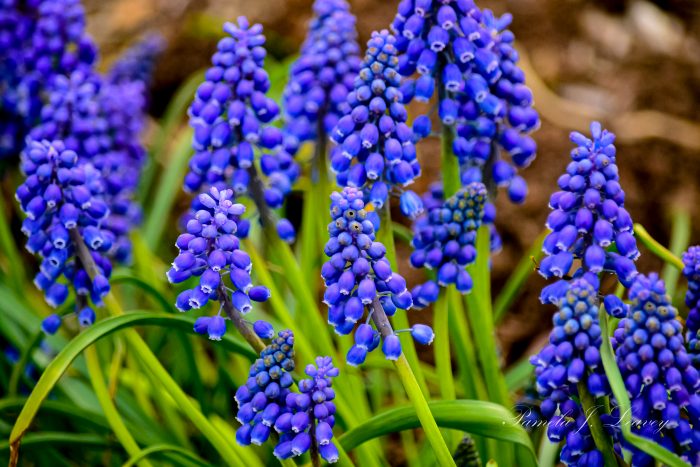Reflection on Emerson’s Nature
March 1, 2016
Ralph Waldo Emerson’s Nature is a series of eight essays that touch upon a variety of thoughts on nature in writings on Nature, Commodity, Beauty, Language, Discipline, Idealism, Spirit and Prospects. Emerson’s essays were initially published anonymously and were influenced by his early form of Transcendentalism. He composed the essays in Nature after leaving the Unitarian ministry. (Emerson p. viii) Emerson’s Nature has influenced Emerson’s friend Henry David Thoreau, John Muir, John Burroughs and many others since its first publication. What Emerson entreats in Nature is that man must foray into nature in order to understand the “perpetual presence of the sublime.” (Emerson p. 6)
I am forever caught up in the “perpetual presence of the sublime,” that Emerson speaks of, for nature never ceases to amaze me and in that, my heart is like that of a child, as Emerson alludes: “The lover of nature is he whose inward and outward senses are still truly adjusted to each other, who has retained the spirit of infancy even into the era of manhood.” (Emerson p. 7)
Emerson speaks to my soul when he says, “In the wilderness, I find something more dear and connate than in streets or villages,” (Emerson p. 8) for I see the wilderness as the most blessed of places where beauty is forever changing moment by moment. Nature is such that it is constantly changing with its own forces at work constantly, the wind, the skies, the oceans, the forest, the fields. All ever changing. All ever beautiful even in its decay.
I cannot deny Emerson’s insistence that “nature is medicinal,” (Emerson p. 15) for surely there is no better balm in my opinion that a walk in the sun taking in the beauty of nature around you. In that awe that nature creates all around us, there is succor. As Emerson says, “Nature is made to conspire with spirit to emancipate us.” (Emerson p. 43) There is no place within the confines of society that I feel as free as when I am surrounded by nature.
In Nature, Emerson sets a standard that encourages us to look to the littlest things in nature for the miraculous in life. John Elder in his introduction to the Nature/Writing, credits Emerson inventing a “specific vocabulary, of a nature writer’s voice.” (Emerson p.ix) Emerson called upon his readers to connect the very existence of nature with the divine. The connection is ever prevalent and of the utmost necessity in a world where we are connected to technology more than nature.
In the essay Language, Emerson notes, “Every natural fact is a symbol of some spiritual fact.” (Emerson p.23) Beyond the confines of traditional religion Emerson called on his readers to connect with nature in its most expansive and compelling aspects. His writings on Nature are still today some of the most important and influential writings in the non-fiction genre. At times lofty in his descriptions of nature and its spiritual connections to man and at times droll in his views of the current day dilemmas, I am reminded at every turn of the page reading each of the eight essays, why Emerson’s Nature is as eternal as its subject matter.
Works Cited
Emerson, Ralph Waldo. “Nature.”






